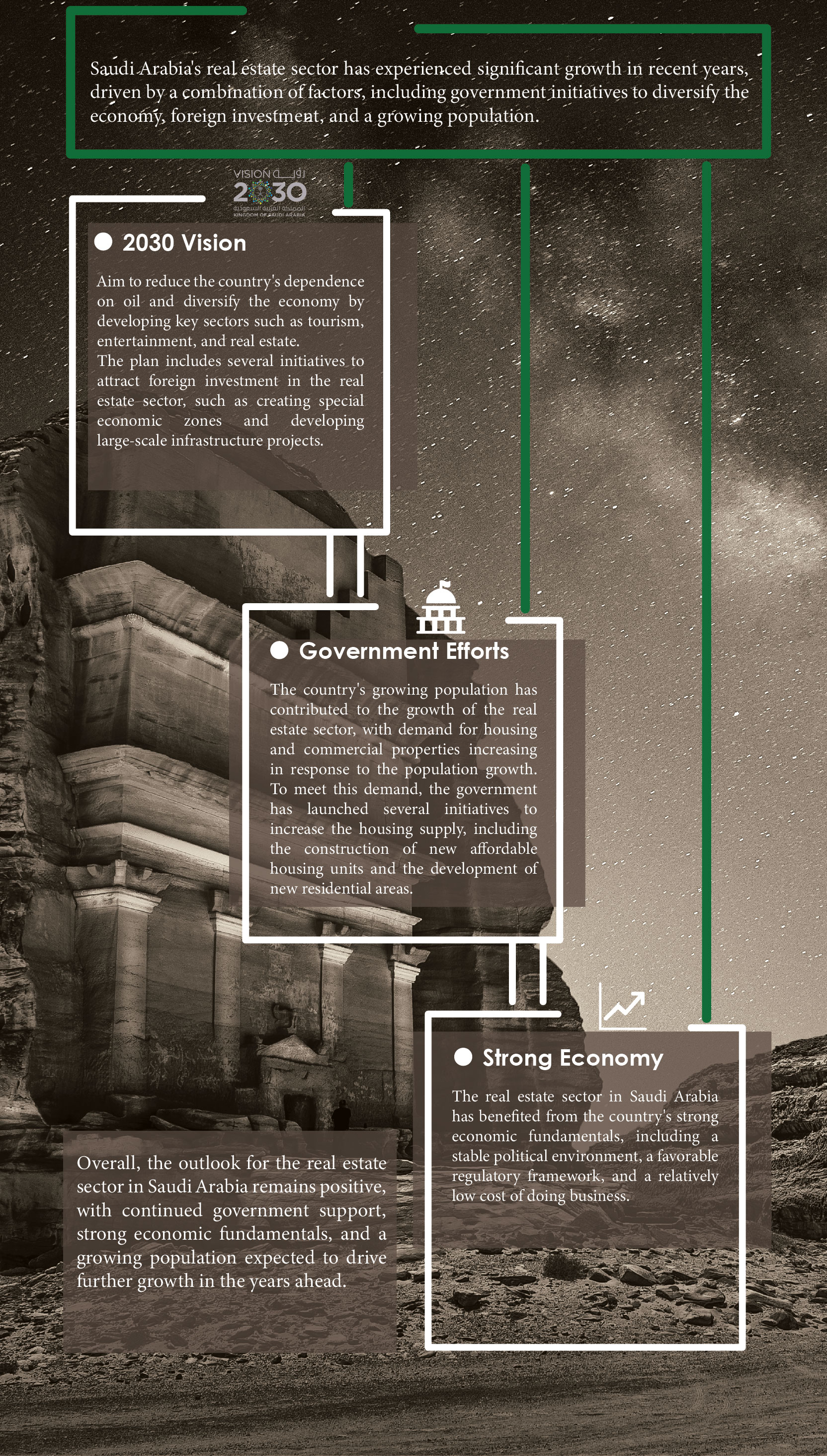Saudi Housing Initiative Boosts Social and Economic Stability

The IMF's praise highlights the effectiveness of Saudi Arabia’s strategy in transforming the housing sector. The program's centerpiece is the provision of affordable housing units through various partnerships between the government and private sector developers. By leveraging both public and private investments, the initiative has managed to scale up rapidly and meet the burgeoning demand for housing.
Since its inception, the program has facilitated the construction of over 500,000 housing units across the Kingdom. This effort aligns with the broader objectives of Vision 2030, which seeks to diversify the economy beyond oil dependency and improve the quality of life for Saudi citizens. The initiative not only aims to enhance living standards but also seeks to stabilize the housing market, which has historically been volatile.
The IMF’s endorsement comes as a significant boost to the program's credibility, emphasizing its role in supporting the Kingdom’s economic reforms. The housing initiative has been instrumental in creating jobs, stimulating related industries, and boosting consumer confidence. Moreover, it has contributed to the broader goal of increasing home ownership rates among Saudis, which had been relatively low compared to global standards.
In addition to its economic benefits, the housing program has had a profound social impact. By providing affordable housing, it addresses one of the critical needs of Saudi families and contributes to the social stability of the Kingdom. Access to affordable and quality housing is a crucial factor in improving overall well-being and reducing social inequalities.
The program also integrates modern urban planning principles, incorporating sustainable building practices and community-focused designs. This approach not only meets the immediate housing needs but also contributes to long-term environmental sustainability. The inclusion of green spaces and energy-efficient technologies reflects a commitment to enhancing the quality of life in urban areas.
Critics have noted challenges in implementation, including concerns about the pace of construction and the affordability of some housing units. However, the Saudi government has addressed these issues by refining policies and improving oversight mechanisms. Efforts to streamline the regulatory environment and increase transparency have been part of ongoing reforms aimed at enhancing the effectiveness of the program.

Join the conversation